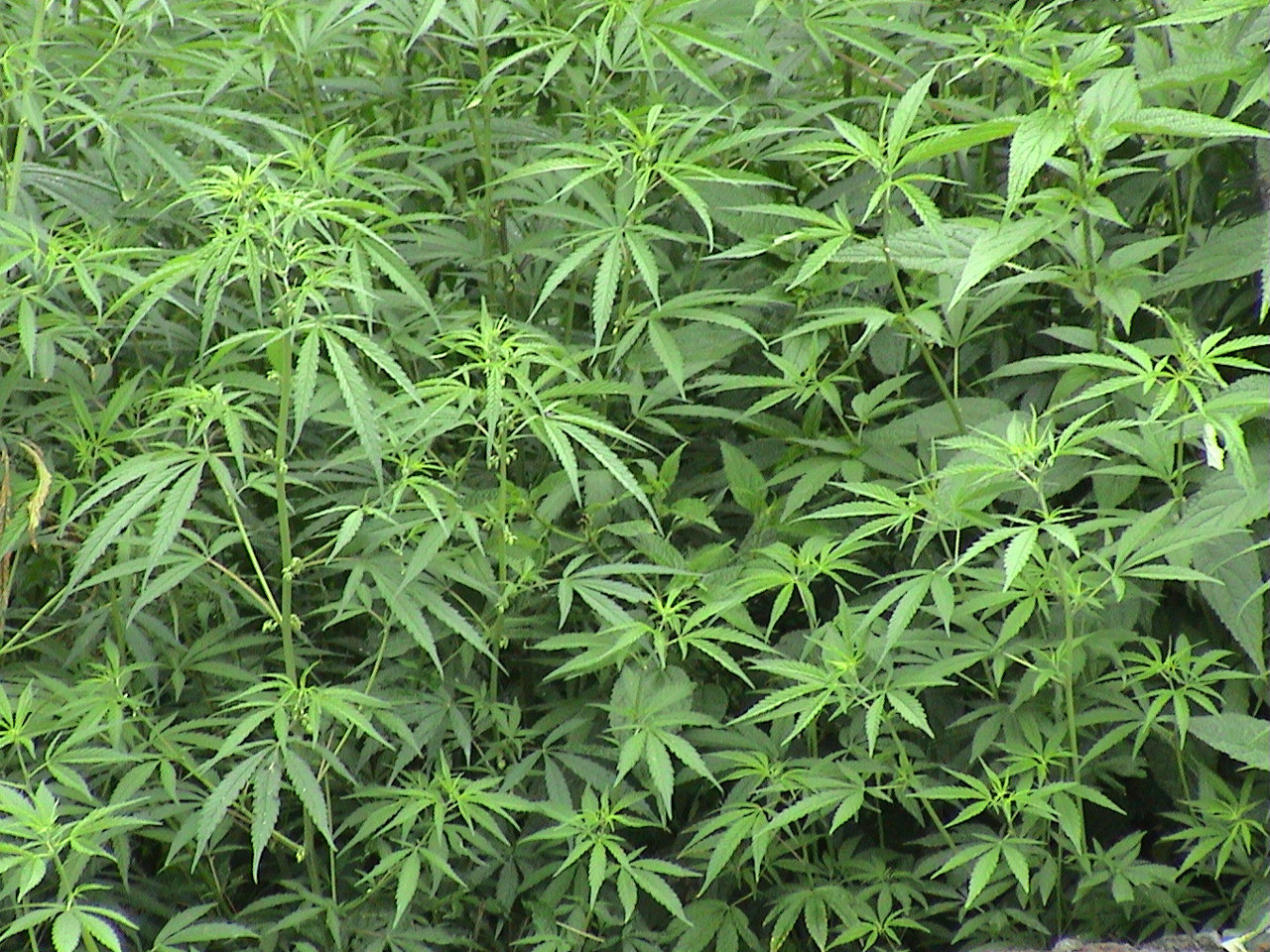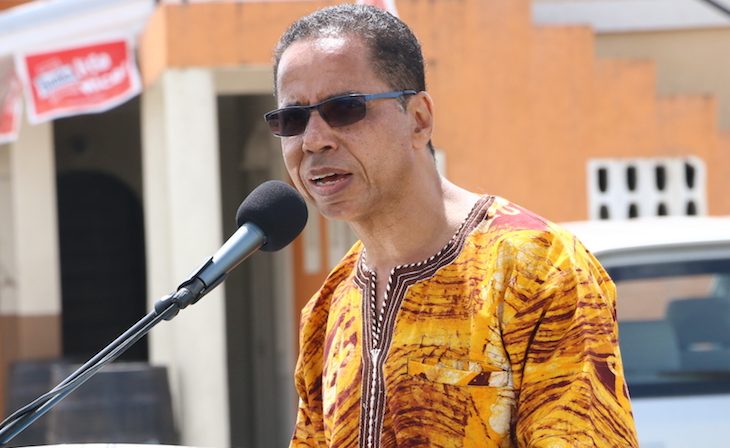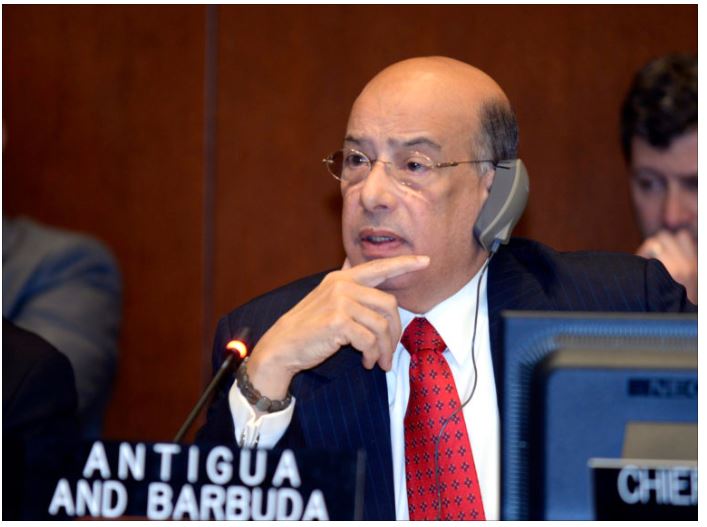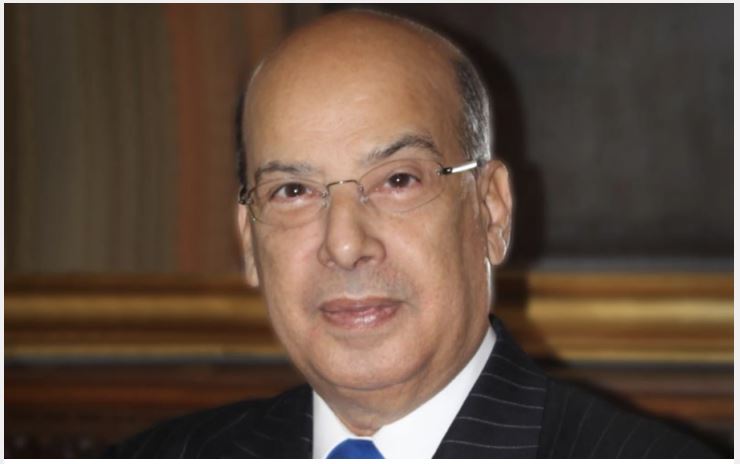By Heather Cole
High levels of unemployment have always been prevalent in Barbados. The high unemployment rates in the 1930’s and the early 1970’s impacted the economy. The unemployment rate of the 1930’s was significantly reduced when thousands left the island to help rebuild England after the 2nd World War. In the early 1970’s when there was a movement away from plantation labour, again caused high unemployment this was reduced by the islands limited attempt at industrialization as well as the farm labour and domestic worker programs that had opened up in the US. To date, migration is the most significant factor that has impacted unemployment in Barbados.
With the island’s economy in recession, there are high levels of unemployment. The high unemployment problem is not new but it is compounded by a new phenomenon; that is the presence of illegal drugs and guns.
For some, the trade in marijuana has become their employment. There is a labour force similar in structure to any corporate entity but those actions are all underground and do not impact taxation, national income or gross domestic product of the island.
Like any corporate entity, there is competition among the various suppliers on the market but there are no marketing campaigns, no sales, no exclusive offers, no buy one and get one free, no regulatory standards or licenses. There is no payment of VAT or the NSRL with regards to the importation, production, distribution or sales of marijuana. The trade is controlled by drug lords and drug dealers.
To date, the primary act of the police force and by extension the government has to been to prevent the “goods” from making it to market. The drug squad seize homegrown marijuana as well as illegal importations of the drug.
The secondary act of police and again by extension the government has been to charge the black lower class, mostly males and a small number of white tourist for the possession of marijuana that is for personal use. It is a rarity for a trafficker or a drug lord to be brought before the court.
The primary act of Government should have been to recover money owed to the system. Had this been the premise of Government, the following actions would have occurred:
- Confiscated marijuana, worth millions of dollars would not go up in smoke.
- By now government would have legalized marijuana for medical, personal and industrial use.
- Government would have created the environment for the creation of an industrial base that utilizes marijuana.
Herein lies the dilemma of Barbados, there is a high level of unemployment without an outlet. Anti-immigrant policies in the US and the UK are at an all-time high. It is therefore not easy to immigrate. We have a highly marketable but illegal crop that as a cash crop retails dried at $3,000.00 per lb. There has never been a concrete reason as to why the plant is illegal. Added to this we have a police force that has been employed to confiscate a diminishing number of marijuana plants. See below:
Confiscation of Home Grown Plants
2015 – 56,416
2016 – 27,602
2017 ( Jan to Sep) – 7,601
Source: Sunday Sun September 10, 2017.
There was no data on confiscation through imports by sea and air.
Based on the data, it appears that the police are not even reaching the break-even point; which is the point at which confiscation matches the cost of their efforts to confiscate the plant or a charge with intent to supply or trafficking. There are no economic gains to offset the cost of the plant reaching the market if it is burnt by law enforcement. In addition, charges for possession of the dried plant varies. There is no precedent set for the imposition of a possession charge. Most of those charged have in their possession less than an ounce of the substance. That being the case, at present, a recovery tax at the court cannot be compared to revenue earned by taxation if marijuana was a legal crop. To date, I am not aware of anyone who has been fined millions of dollars for importing large quantities of the substance.
In making an economic case for marijuana, several aspects should be taken into consideration:
- There is already an abundant supply in agricultural land that can readily be planted with the crop.
- High unemployment levels create a pool of existing labour.
- They are already skilled growers on the island.
- They are a wide variety of by-products to be produced from the plant.
- Medicinal products can be manufactured, creating a niche market for Barbados.
- Sellers of the good for smoking can be licensed.
- The legal good can now be taxed by government both imported and domestically grown.
- Legalization will prevent the present importers from gaining super profits and becoming rich at the expense of the poor and the state.
- With an abundant supply of the plant on the free market there will be no drug wars, no need to maintain territory, no trafficking and no need for the illegal importation of firearms.
- Taxes from this area and be used to assist law enforcement to more effectively counteract real drugs such as cocaine and illegal firearms and create prevention programs aimed at the young who may become targets of drug traffickers for cocaine.
In essence, the country is losing out any economic benefits that can be derived from marijuana. The freeing up of this market will provide economic benefits through taxation, reduce unemployment, reduce gang violence and cause the island to become better prepared for drug lords who will change their product offering.




